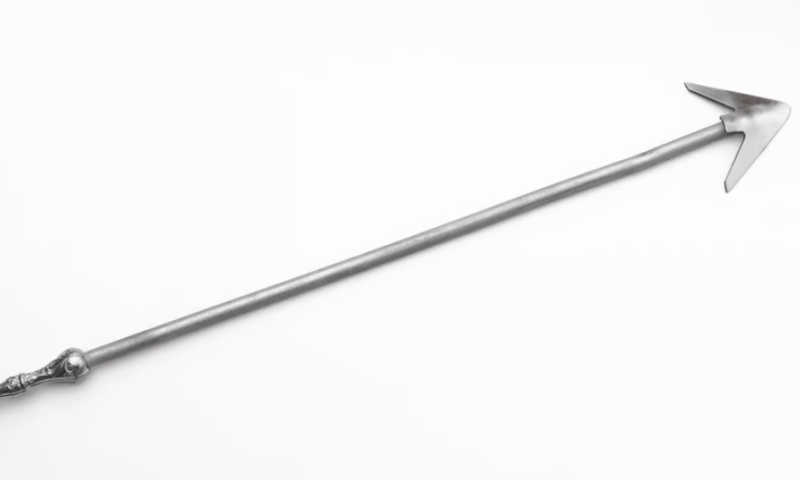AbbVie has punctured Harpoon Therapeutics’ dream of a $200 million payday. Needing to pay the sum to take up its option on the anti-BCMA T-cell engager HPN217, AbbVie has opted against moving deeper into a space that is already congested with candidates including its own rival bispecific.
AbbVie secured an option to pick up a worldwide license for HPN217 late in 2019, when it paid Harpoon $30 million upfront and dangled many times that amount in potential future paydays. Harpoon netted another $50 million when it dosed the first patient in a phase 1/2 clinical trial in 2020 and went on to link a high dose of the candidate to a 77% response rate in a small cohort of multiple myeloma patients.
Last month, Harpoon told investors it expected to deliver the phase 1 dataset to AbbVie by the end of the year. Now, AbbVie has walked away from the program, dropping its option on a candidate that binds to BCMA on cancer cells, CD3 on T cells and albumin for half-life extension.
The decision frees AbbVie from the need to pay $200 million and commit to $230 million, for an asset in one of the most congested areas of oncology. A who’s who of drug developers is going after BCMA with many of the modalities in their arsenals. And with several treatments already on the market, programs at the back of the pack face a battle to find a point of difference that can translate into commercial success.
One option is to position candidates as treatments for patients who relapse after receiving other BCMA therapies. If BCMA therapies are used widely but eventually fail most patients, the class will create a new unmet need. AstraZeneca, Bristol Myers Squibb, Johnson & Johnson and Roche have identified GPRC5D as a way to treat post-BCMA patients. Harpoon is positioning HPN217 as a challenger for the market.
“There is a significant unmet medical need for patients living with advanced multiple myeloma who have progressed after prior treatments, including patients with prior BCMA-targeted therapies, and we remain confident in HPN217’s potential to offer these patients a differentiated treatment option,” Harpoon CEO Julie Eastland said in a statement.
When Harpoon shared phase 1 data late last year, 22% of the participants had previously received BCMA therapy. The biotech is scheduled to share more data from the study later this month. Ahead of the data drop, Eastland told investors the preliminary results “continue to be encouraging with a favorable safety profile.”
Harpoon is far from alone in continuing to see opportunities for BCMA T-cell engagers. Pfizer has taken a candidate into phase 3, Regeneron is on the cusp of starting its own phase 3 and BMS has a prospect in phase 1. AbbVie, having exercised its option on TeneoOne in 2021, has its own BCMAxCD3 bispecific in early-phase development.

